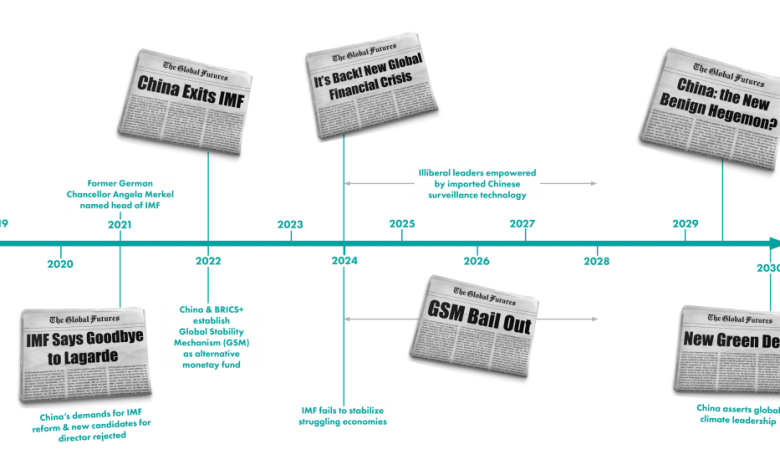
Global construction projects, especially those tied to government construction, often operate under unique pressures. Among these are geopolitical factors, which can influence everything from supply chains to project schedules. Understanding how these external forces shape timelines helps illustrate the complexities of operating as an international construction company.
Delays Caused by Changing International Policies
Changing international policies can disrupt even the most carefully planned government construction projects. Policies like trade agreements, tariffs, or newly implemented restrictions often force construction companies to adjust their strategies mid-project, delaying progress. For example, when trade agreements between nations shift, materials previously sourced from reliable suppliers may become more expensive or entirely unavailable.
This uncertainty impacts global construction projects that rely on international supply chains. Teams must navigate these changes, finding alternative suppliers or renegotiating contracts, which eats into time allocated for actual construction. An international construction company working on government projects needs to anticipate these policy changes and build flexibility into its timelines to keep delays manageable.
Resource Challenges in Regions with Trade Restrictions
Regions under trade restrictions face resource scarcity, which can severely hinder government construction projects. Essential materials like steel, concrete, or specialized components may become difficult to source locally, forcing companies to seek alternatives from farther afield. This adds logistical complexity and increases shipping times, slowing down project milestones.
For projects operating in these areas, international construction companies must develop creative solutions to maintain progress. Establishing partnerships with suppliers who can circumvent restrictions or stockpile critical materials in advance can help mitigate these challenges. However, the unpredictability of trade restrictions often means that even the best-laid plans are at the mercy of geopolitical developments.
Budget Adjustments Due to Fluctuating Economic Conditions
Economic conditions heavily influence the budgets of government construction projects. Currency fluctuations, inflation, or shifts in global commodity prices can dramatically change the cost of materials, labor, and equipment. Projects initially budgeted under stable conditions can quickly face overruns when the economic climate shifts unexpectedly.
Global construction projects are particularly vulnerable to these changes, as they often operate in multiple currencies and rely on materials sourced from different markets. Adjusting budgets mid-project requires careful recalibration of priorities and costs. Teams must work closely with financial planners and government agencies to ensure funding is reallocated appropriately without sacrificing essential components of the project.
Security Concerns in Politically Unstable Areas
In regions experiencing political instability, security concerns can bring government construction projects to a standstill. Protests, armed conflicts, or sudden changes in local leadership may create unsafe working conditions or disrupt the flow of materials and personnel to construction sites. These interruptions not only cause delays but also increase costs due to heightened security measures.
An international construction company operating in such regions often invests heavily in risk management. This can include hiring private security, securing emergency evacuation plans, and ensuring critical operations continue in safer areas when necessary. While these measures provide some continuity, the unpredictability of politically unstable regions means delays are almost inevitable.
Shifts in Labor Availability During Diplomatic Tensions
Diplomatic tensions between nations can disrupt labor availability for government construction projects. When visa policies change or restrictions on international workers tighten, skilled laborers essential to the project may suddenly become unavailable. This forces construction companies to either train local labor, which takes time, or source replacements, which can be equally challenging.
For global construction companies, maintaining a diverse and adaptable workforce is key to overcoming these challenges. Building strong local partnerships in advance and maintaining a pool of on-call specialists from various regions ensures that work can continue despite sudden shifts in labor availability. However, delays still occur as teams adjust to the realities of a reduced or inexperienced workforce.
Increased Costs from Unexpected Tariffs or Sanctions
Tariffs and sanctions can significantly increase the cost of materials and equipment needed for government construction projects. These added expenses can strain budgets, forcing delays as companies seek alternative sources or renegotiate contracts. For instance, a sudden tariff on imported steel can dramatically impact projects reliant on this critical material, delaying timelines while budgets are recalculated.
Global construction companies often rely on contingency funds to absorb these unexpected costs. However, the longer these measures remain in place, the greater the strain on project finances. Proactively identifying multiple supply sources and building flexibility into procurement strategies can help mitigate these risks, but no amount of preparation fully shields projects from the financial impact of new tariffs or sanctions.